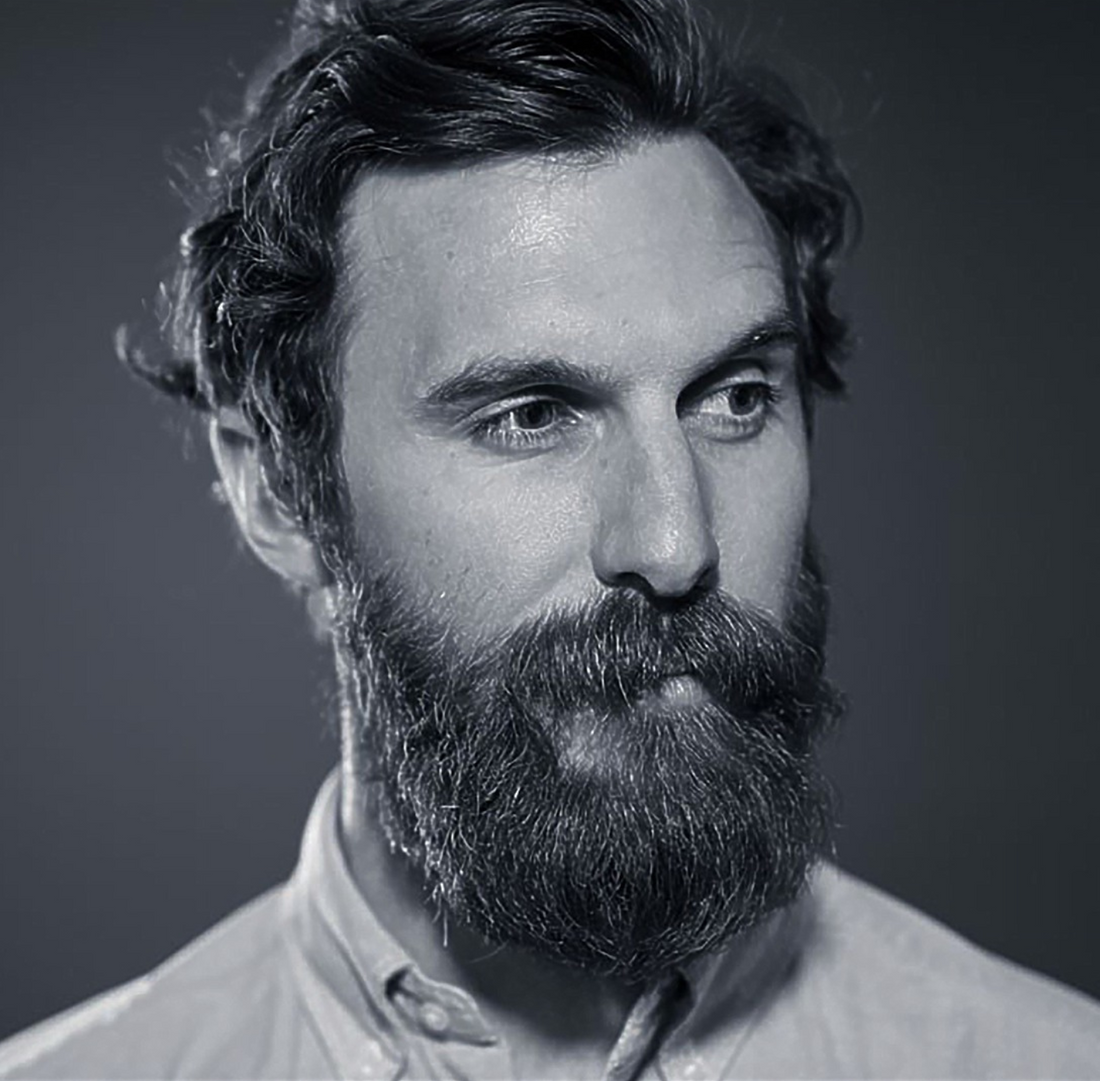
History of Beards A Founders Insight
Why do we need beard products?
Have you ever noticed how women tend to take longer getting ready for weddings, events, or even just a night out for dinner? Let’s be honest—that’s unlikely to change. But what about us gentlemen? Can we have our own health and grooming routines that leave a lasting impression? Absolutely. With the right beard care products, we can take grooming to the next level, allowing us to:
- Be perceived as masculine and authoritative
- Make positive social impressions
- Boost confidence and self-expression
- Create an emotional impact through our appearance
All of these reasons highlight why investing in beard grooming is more than just vanity—it's a statement. But this idea isn't new. Throughout history, beards have been a symbol of power and strength. Much like the mane of a lion, beards were once worn as a sign of intimidation, symbolizing manliness and honor. In fact, in many cultures, a well-kept beard has been regarded as a mark of dignity and authority.

Religious Influence
The practice of growing a beard has deep roots in religious traditions that span centuries. Early Christians and Jewish communities often regarded a beard as a symbol of wisdom, masculinity, and spiritual authority.
However, the religion that most consistently encourages or even requires men to grow beards is Islam. This is based on the teachings of Prophet Muhammad (peace be upon him), who emphasized the importance of certain practices as part of man’s natural disposition (al-fitrah). Among these practices is to trim the moustache and let the beard grow. Many Islamic scholars also consider it haram (forbidden) to shave the beard, as doing so is viewed as going against the Prophet's teachings.
For Muslim men, growing a beard is seen as a sign of honor, beauty, and masculinity. It is considered an act of worship, and believers are rewarded for this in the afterlife.

Cultural Influence
In the Ottoman Empire, Islamic teachings emphasized the importance of keeping the beard clean and well-maintained, reflecting broader Muslim values. However, the Ottomans introduced their own distinct style, with the elite often showcasing longer, well-oiled, and fragrant beards. These beards were symbols of status, refinement, and personal dignity, and the art of beard grooming became an essential part of Ottoman society.
The Ottoman Empire, composed of various ethnicities, cultures, and religions, was a melting pot of ideas, including grooming practices. Ottoman elites, with their unique grooming styles, significantly influenced the local populations, particularly in the Balkan, Turkic, and Persian regions. This cultural exchange shaped grooming trends, making the beard not only a symbol of masculinity but also a reflection of sophistication and class.

Finishing off..
Beards have always represented much more than just facial hair. Throughout history, they have embodied strength, religious beliefs, cultural identity, and personal confidence. Whether worn to reflect a stronger image, as part of a spiritual journey, or simply to improve self-confidence, a well-groomed beard carries deep meaning. At Mumkin, we understand that grooming is not just about appearance—it's about honoring traditions, celebrating masculinity, and expressing your individuality.

So, what do we have in store for you?
Whether you're looking for a beard growth serum to strengthen your hair follicles or simply want to maintain the beard you have, we invite you to take our beard quiz to find the perfect product tailored to your needs. By doing so, you’re not just caring for your beard—you’re embracing a heritage that has been passed down through generations.
Stay connected with us by signing up for our newsletter to be the first to know about our latest products and updates.
Want to understand more about how we’re making a difference?
Learn about our mission and projects, and join us in celebrating the traditions, cultures, and beliefs that have made beards a symbol of honor and dignity.